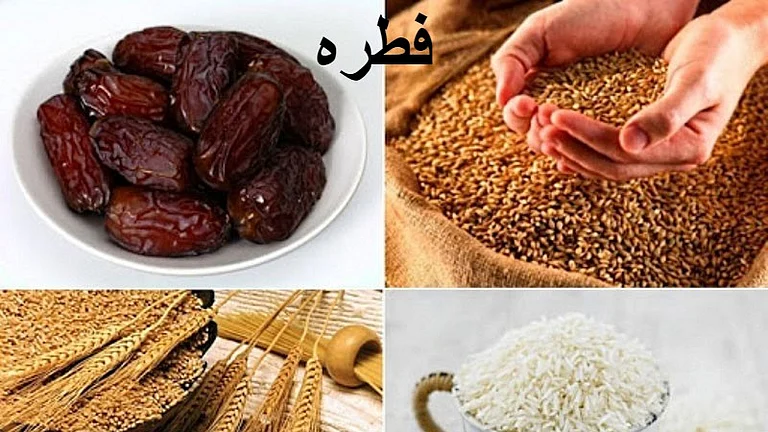
As the crescent moon of Eid is sighted, a wave of joy sweeps across the Muslim world. The streets bustle with last-minute shopping, the scent of henna fills the air, and preparations for the grand celebration reach their peak. However, amid these festivities, Islam emphasizes an essential duty—Sadqa-e-Fitr (Fitrana)—a financial obligation that ensures the true spirit of Eid is shared by all, especially those in need.
Sadqa-e-Fitr is not merely a charitable act; it is a means of spiritual purification for those who fasted throughout Ramadan. The Prophet Muhammad (PBUH) described it as a way to cleanse one’s fasts from any shortcomings while also providing for the underprivileged so they, too, can partake in Eid celebrations. Every Muslim who possesses wealth beyond their basic needs is obligated to give Fitrana, as prescribed in Islamic teachings.
For 2025, the amount of Sadqa-e-Fitr in Pakistan varies based on different food commodities: Rs. 250 per person for wheat, Rs. 700 for barley, Rs. 2,400 for dates, and Rs. 6,000 for raisins. Islamic scholars emphasize that it is best to give the amount corresponding to the highest-quality staple, ensuring maximum benefit to the recipients.
Also Read: Lakki Marwat Entrepreneur’s Killers Caught, Karak Police Officers Held for Arms Smuggling
The most significant aspect of Sadqa-e-Fitr is its timely payment. The Prophet (PBUH) advised that it should be given before the Eid prayer, allowing the poor to prepare for the festivities without distress. Delaying it turns it into regular charity rather than fulfilling its intended purpose.
Moreover, Islam outlines specific recipients for Sadqa-e-Fitr, including the impoverished, orphans, widows, and debt-ridden individuals, ensuring that the joy of Eid reaches every corner of society. Unfortunately, many people either delay their payments or distribute it casually without considering whether it truly benefits the needy.
If every capable Muslim fulfills this obligation sincerely, no one will go hungry on Eid, and everyone will have the means to celebrate with dignity. Eid is not just about new clothes and feasts; it is about ensuring that happiness is shared equally. By upholding the practice of Sadqa-e-Fitr, we turn Eid from a personal celebration into a collective festivity that embodies the essence of generosity and compassion.